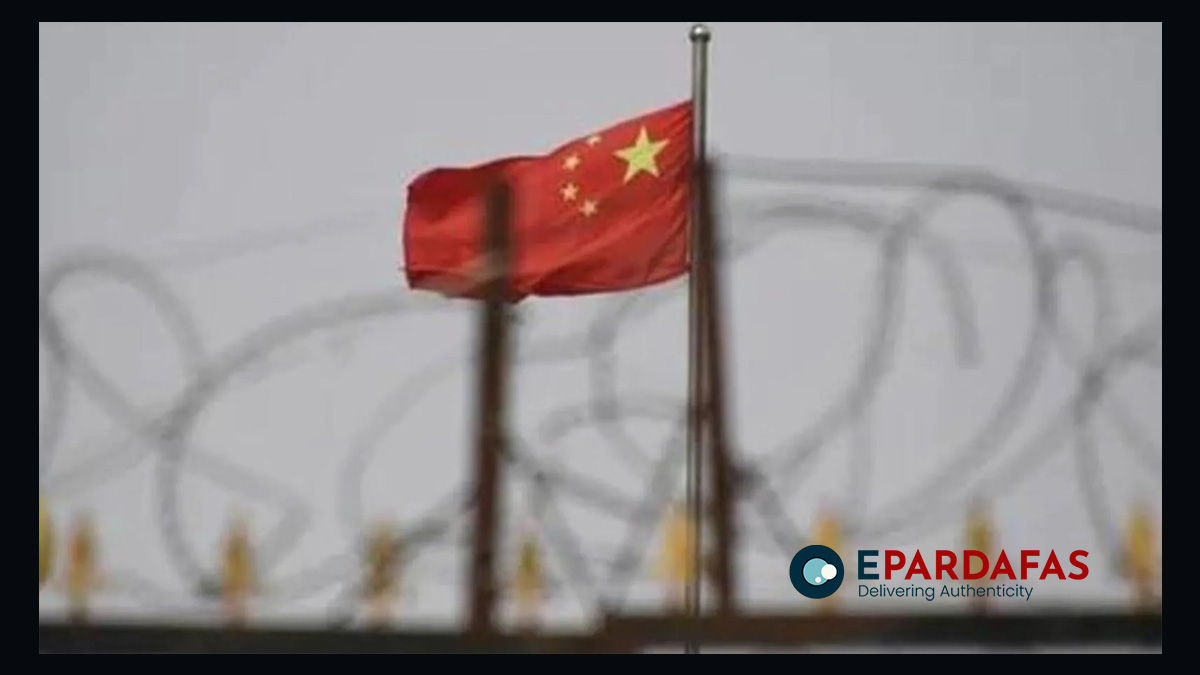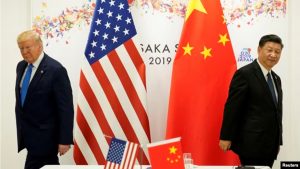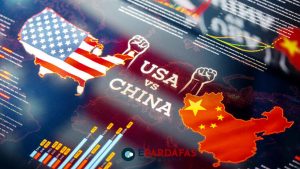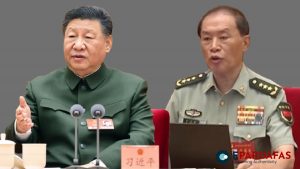
China’s Belt and Road Initiative Under Scrutiny for Corruption and Backlash: Report

China’s ambitious Belt and Road Initiative (BRI) has fallen short of its intended objectives, facing allegations of corruption and eliciting political backlash, according to a new report released by the Foundation for the Defense of Democracies (FDD).
Marking the 10-year anniversary of the BRI, President Xi Jinping’s landmark program aimed to revitalize ancient trade routes and foster economic connectivity across continents. However, the report titled “Tightening the Belt or End of the Road? China’s BRI at 10” contends that the initiative has instead sown discord and incurred social, economic, and environmental damage.
Initiated in 2013, the BRI was envisioned as a transformative endeavor to mirror the historic Silk Road’s economic and geopolitical influence. Yet, the report highlights widespread corruption and mismanagement in China’s development funding, exacerbating debt burdens for participating nations.
Examining case studies in Ecuador, Zambia, and the Democratic Republic of the Congo, the report underscores rampant corruption and inefficiencies in BRI projects, leading to detrimental outcomes for recipient countries.
“While the BRI aimed to address critical infrastructure needs, it often resulted in wasteful spending, inferior infrastructure, and unsustainable debt levels,” stated Josh Birenbaum, co-author of the report and deputy director of FDD’s Center on Economic and Financial Power.
Critics argue that the lack of transparency surrounding BRI expenditures complicates efforts to evaluate project effectiveness. Beijing’s reluctance to establish monitoring mechanisms further exacerbates concerns regarding accountability and oversight.
Elaine Dezenski, senior director and head of the Center on Economic and Financial Power at FDD, cited instances such as failed infrastructure projects in the Democratic Republic of the Congo and corruption-plagued developments in Ecuador as evidence of the BRI’s flawed implementation.
The report notes that the BRI’s shortcomings have tarnished China’s global image and strained diplomatic relations, prompting Italy to withdraw from the initiative due to concerns over unequal trade opportunities.
In response to China’s expanding influence, the report advocates for increased U.S. and allied engagement in developing nations to counterbalance Beijing’s influence. It calls for strategic investments in infrastructure projects of strategic value, leveraging initiatives like the bipartisan BUILD Act to promote transparency and equitable partnerships.
“Amidst Chinese opacity and debt burdens, the United States and its allies can forge a path towards sustainable development and transparency,” the report concludes.












Comments